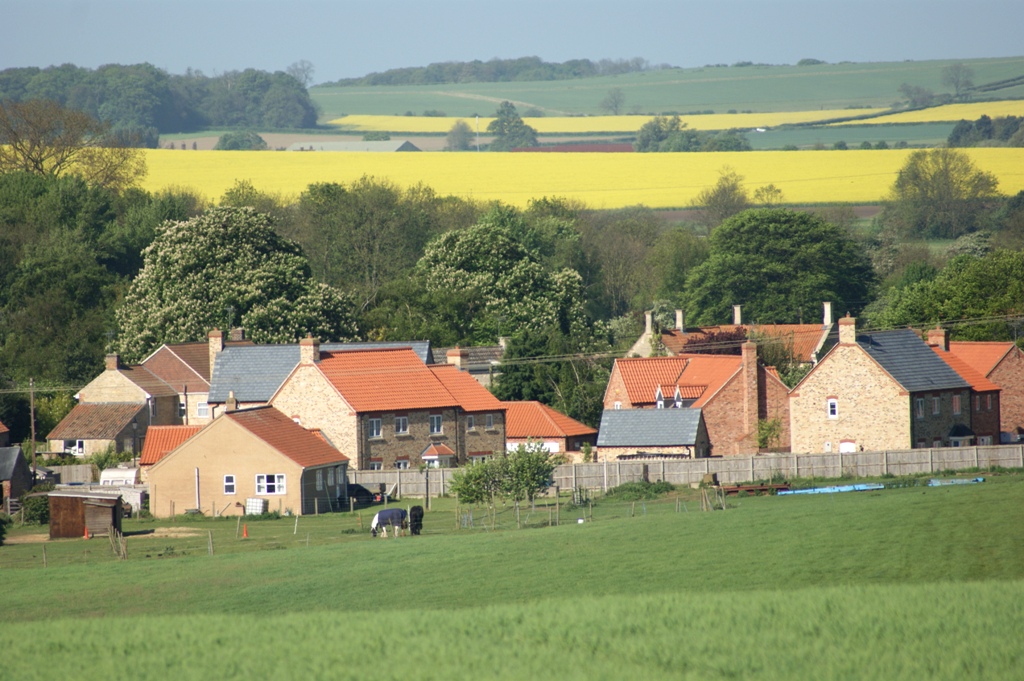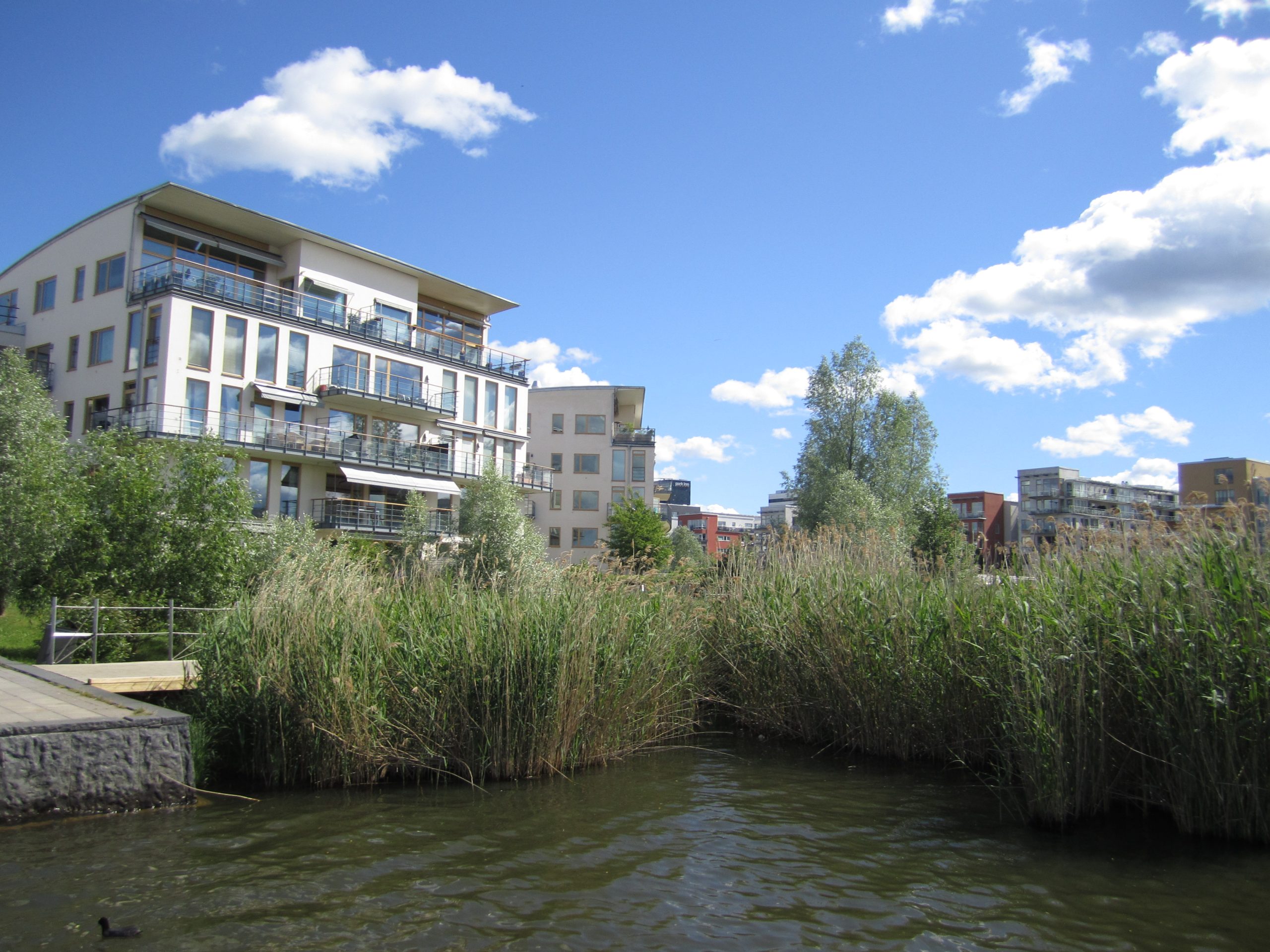As we near the introduction of mandatory Biodiversity Net Gain (BNG) in 2024, it has become increasingly apparent that preparedness is not a priority for all developers and local authorities across the country. Whilst BNG is unlikely to create a huge surge in growth it will play a role in boosting confidence in developing nature markets and in shaping future environmental land-use policy. These are just two of the many valuable contributions which can come from embracing this new legislation.
Background to Biodiversity Net Gain
Briefly, BNG is an approach which aims to ensure that every development project contributes to the nation’s biodiversity, demonstrating a mandatory 10% uplift ideally on-site, or as close to site as possible.
From a land development perspective, BNG is being hailed as a watershed moment in our commitment to safeguarding biodiversity, aiming to encourage developers to give back to nature and to redress the imbalance and damage to ecosystems caused by projects. This signifies a fundamental shift in the way we approach development.
Demand for biodiversity units is driven by local development and therefore it is understandable that the need for companies and authorities to be BNG-ready will vary, but as is so often the case with new legislation or funding mechanisms the advantage will be given to those who can move first and move fastest. Despite this incentive to prepare however, there is still hesitation.
Why should developers embrace BNG?
Reputation enhancement
First and foremost, embracing these regulations makes ethical sense. We have an inherent responsibility to protect the natural world, not only for ourselves but for future generations. By proactively engaging with Biodiversity Net Gain, developers can demonstrate their commitment to preserving the planet’s invaluable ecosystems and the species that inhabit them. This sense
of responsibility reflects positively on their brands and their role in shaping a sustainable future.
Secondly, developers who are prepared for incoming legislation stand to gain a competitive advantage particularly when it comes to company reputation. Both consumers and investors are increasingly scrutinising the environmental impact of businesses, taking an interest in Corporate Social Responsibility (CSR) commitments and Environmental, Social and Governance (ESG) scores. In an age where sustainability is a selling point, being able to proudly claim a commitment to biodiversity net gain can be a significant differentiator in a crowded marketplace. It also prepares developers for navigating potential future regulations and public expectations with greater ease.
Community engagement and streamlined development
Fully engaging with this type of environmental legislation carries other benefits like generating support for development from local community members. There is the opportunity for developers who adopt a forward-thinking approach to collaborate with local conservation organisations, and thereby fostering positive relationships with local communities by engaging with local initiatives and projects. Aligning business goals with community-driven conservation efforts not only contributes to a getter balance between development and nature by improving the overall quality of life for residents but it will also enhance the reputation of the developer locally.
Furthermore, from a practical perspective, working proactively with biodiversity net gain can streamline development processes. Understanding the local ecosystems and biodiversity early in the planning phase will help developers to integrate conservation measures seamlessly, reducing costly delays and retrofits down the line. This not only saves time and money but also enhances the long-term viability of the project both financially and ecologically.
Climate resilient sustainable development
Moreover this long term viability extends its benefits to preparing for the future with an investment in resilience against the changing climate. The value of these ecosystems lies in their role to ensure environmental stability by providing essential services like clean water, flood mitigation, and pollination. So, by investing in the enhancement of biodiversity and ecosystem health within a development project, developers are taking a long-term approach to mitigating the future risks associated with climate change and environmental degradation.
It’s impossible to ignore that communities are becoming domestic climate refugees as a result of climate change-induced extreme weather and lack of proper planning in parts of the UK. BNG (as part of a wider array of nature restoration efforts) offers a way to improve the way that land is used and developed so that landscapes are made to be increasingly resilient to this extreme weather, thereby protecting new homes.

A bold new world with BNG
Biodiversity net gain legislation in the UK is not a hurdle but an opportunity for developers. It’s a chance to be at the forefront of a movement towards more ecologically responsible development which is resilient and beneficial for both people and nature. Put simply, by embracing these regulations developers can uphold ethical principles, gain a competitive edge, streamline development processes, build positive community relationships, and invest in long-term environmental resilience.
Sitting at the nexus of a housing crisis and a biodiversity crisis the message is clear: developers have the responsibility to be more than just contributors to the problem of environmental degradation. They can and must be part of a movement creating a more sustainable and biodiverse land-use framework, setting an example for the industry which places equal priority on people, profit and planet.



